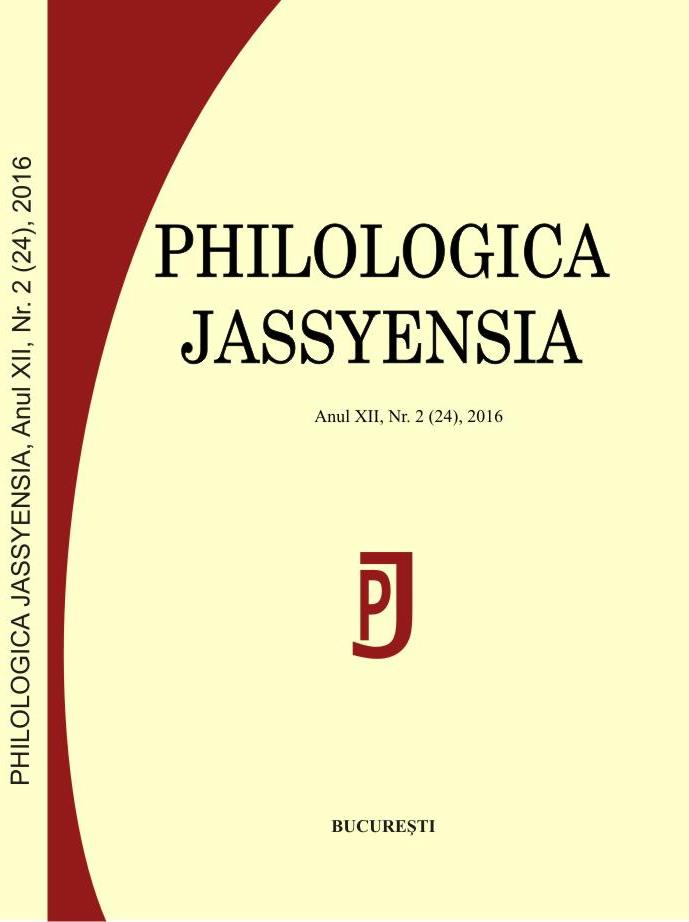Lacrime Veneris: mic eseu pseudo-ovidian despre sexualitate
Lacrime Veneris: Pseudo-Ovidian Short Essay about Sexuality
Author(s): Alexandru CizekSubject(s): Language and Literature Studies
Published by: Editura Tracus Arte
Keywords: survival of Antiquity; medieval poetry and science; sexuality; gender research
Summary/Abstract: survival of Antiquity, medieval poetry and science, sexuality, gender researchThe Medio-Latin poem entitled in manuscripts De Vetula (About an Old Woman) is an anonymous work. Written by a cleric in 13th century France, it looks like the poet Ovid’s imaginary autobiography including three distinct phases in the protagonist’s life corresponding to the three books the poem is divided into: when the false Ovid was “in the service of love” (quando vacabat amori: the first book), “the occasion to change the way of living” (qua re mutabit: the second book) and “his new life” (quomodo postea vixit: the third book). From a man who loves life’s worldly pleasures, the protagonist, under the impact of a great disappointment, might have become a sober scholar completely engrossed into science till he should have reached the hypostasis of predicting Savior’s imminent birth. The narration is often interrupted or, as a matter of fact, competed by various digressions, especially with cosmological, philosophical, theological, physiological and sociological content. In this last respect, sexuality is given a unique treatment in a number of passages in the first two books: the physiological and sociological viewpoint intertwine here with an emulation of Ovid’s work, in particular with corresponding passages from Ars amandi and from Amores. Male sexuality is concisely treated, mainly in metaphorical terms, while female sexuality is described in more detail especially from a sociological point of view; the author analyzes mainly the female behaviour in hazardous situations of illicit love with which the virgin, the adulterous wife and the widow in her early years are confronted to different degrees, especially in pregnancy situations. In this context, the tragic fate of the young widow draws particular attention when she is compelled to commit infanticide. In such situations the fate of men who induce adultery is only tangentially tackled, except for the one who became the victim of a jealous husband. A special aspect is represented by the detailed and “technical” description of the sexual intercourse in its successive stages and especially the corresponding fragment from Ars amandi.Such a way of tackling the theme of sexuality, as a very delicate and risky field in the medieval constellation, reveals the author of De vetula poem to be a wise cleric, with a deep and subtle knowledge of certain human and situational factors.
Journal: Philologica Jassyensia
- Issue Year: XII/2016
- Issue No: 2 (24)
- Page Range: 47-62
- Page Count: 16
- Language: Romanian

